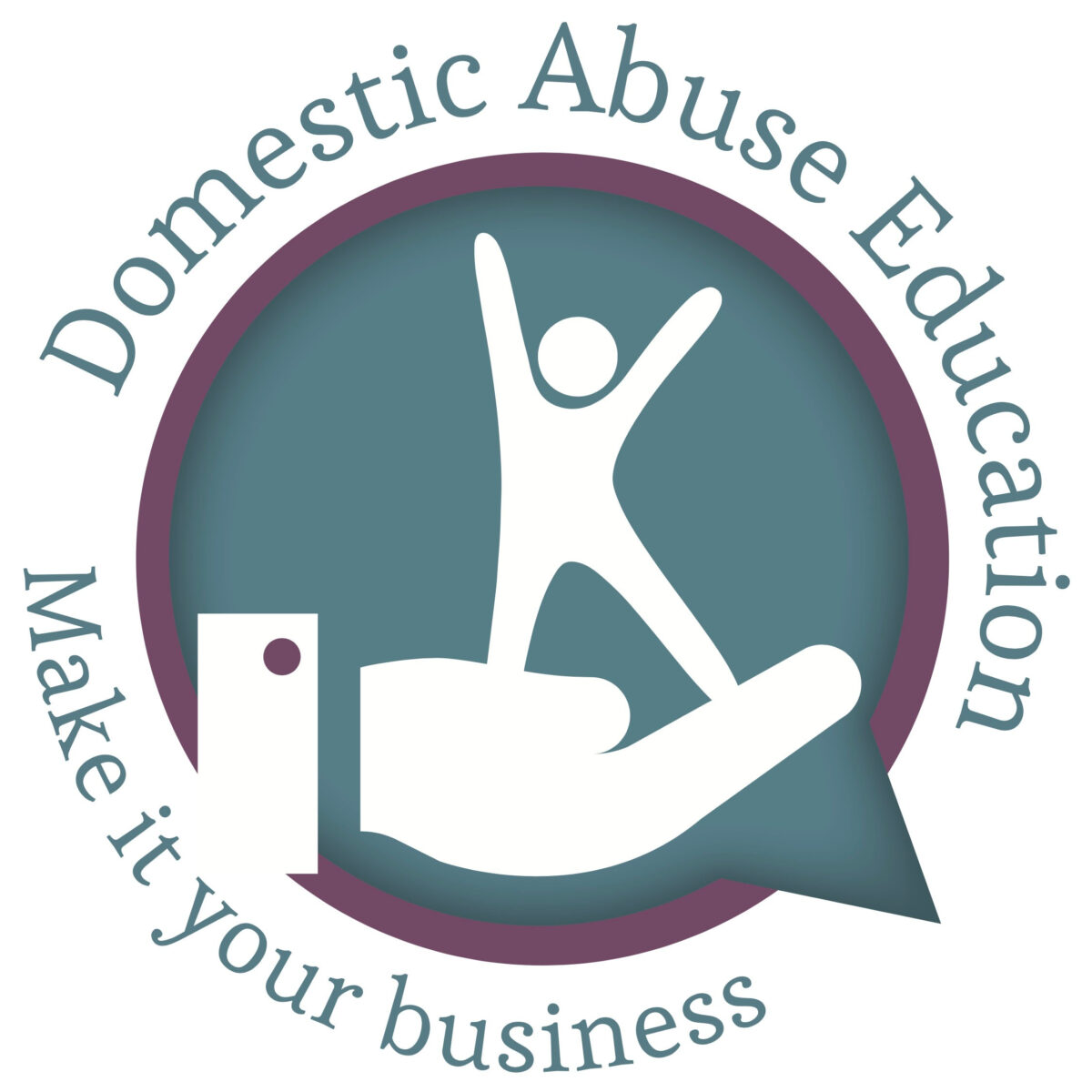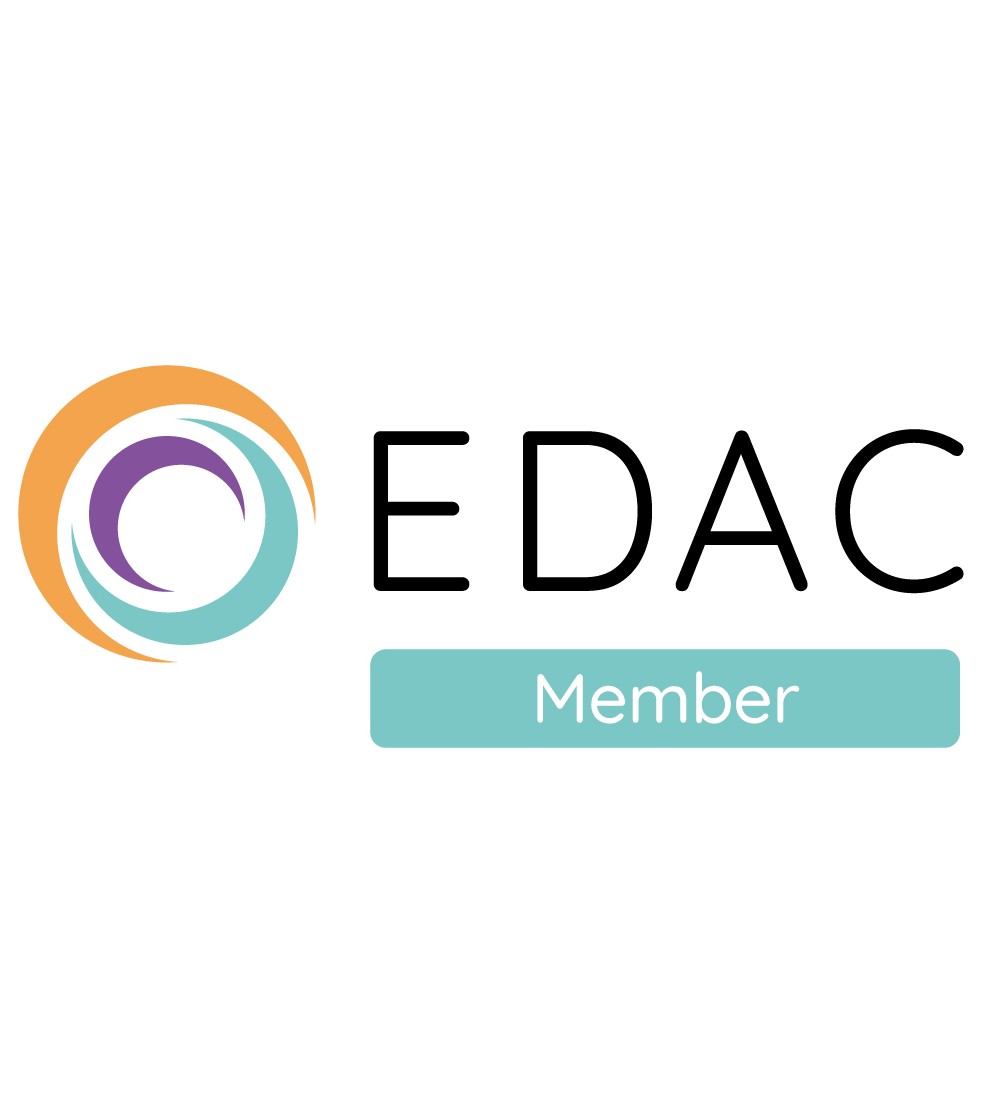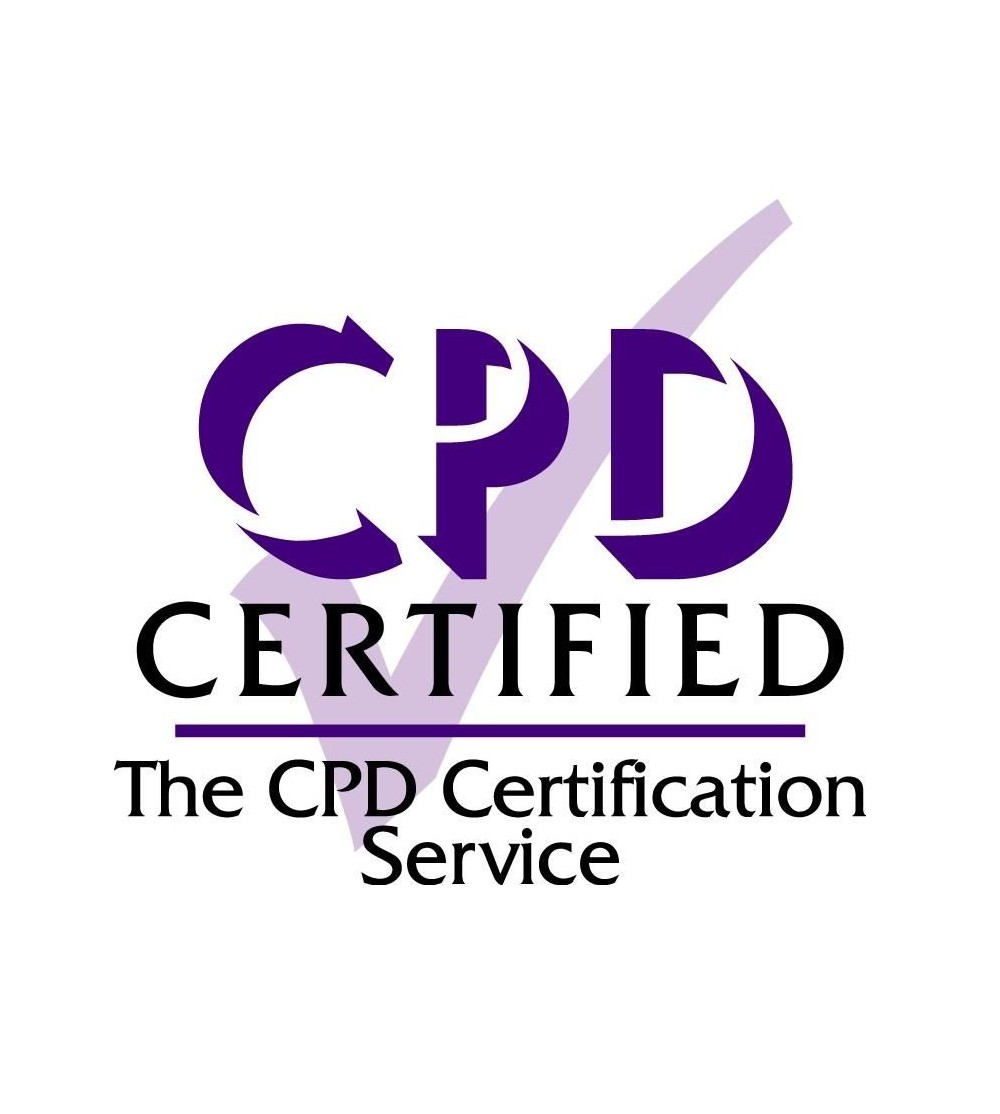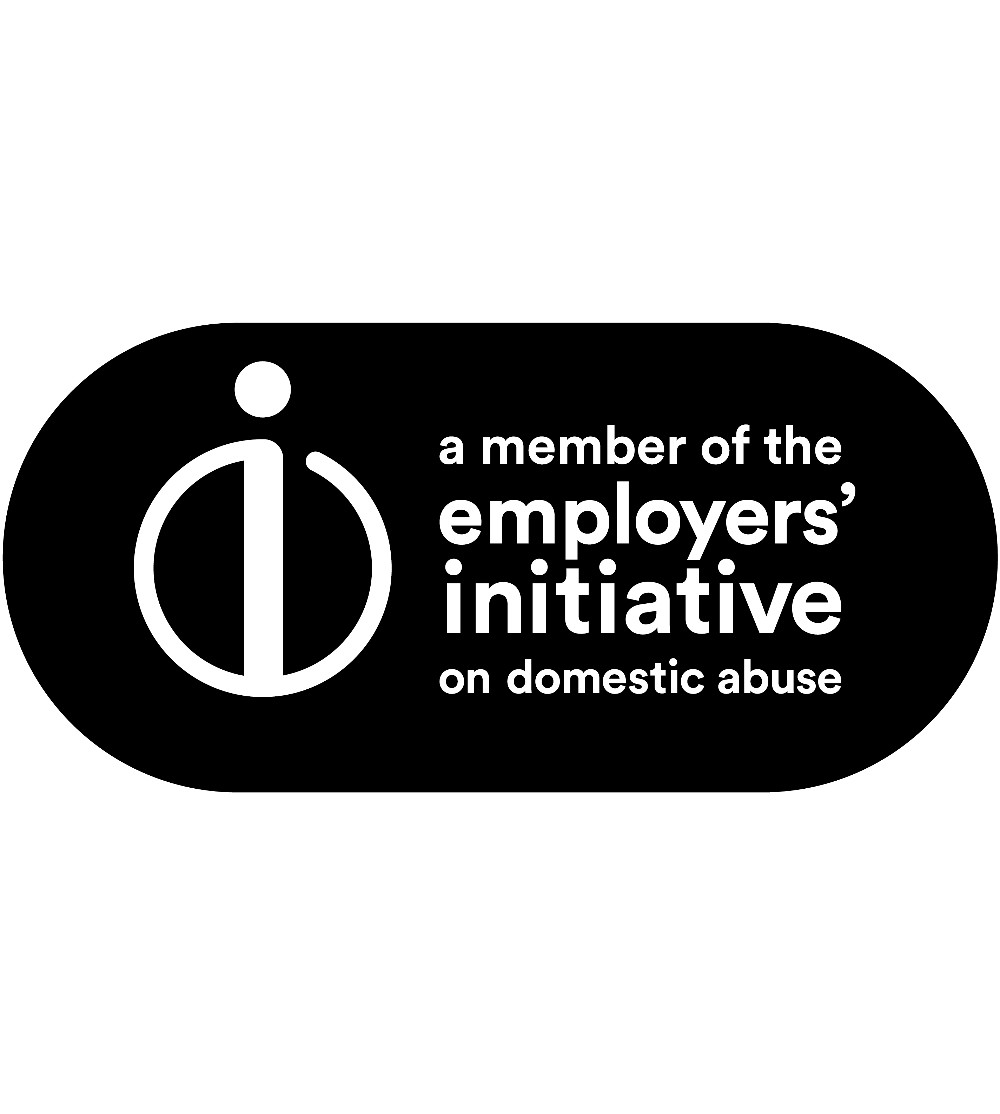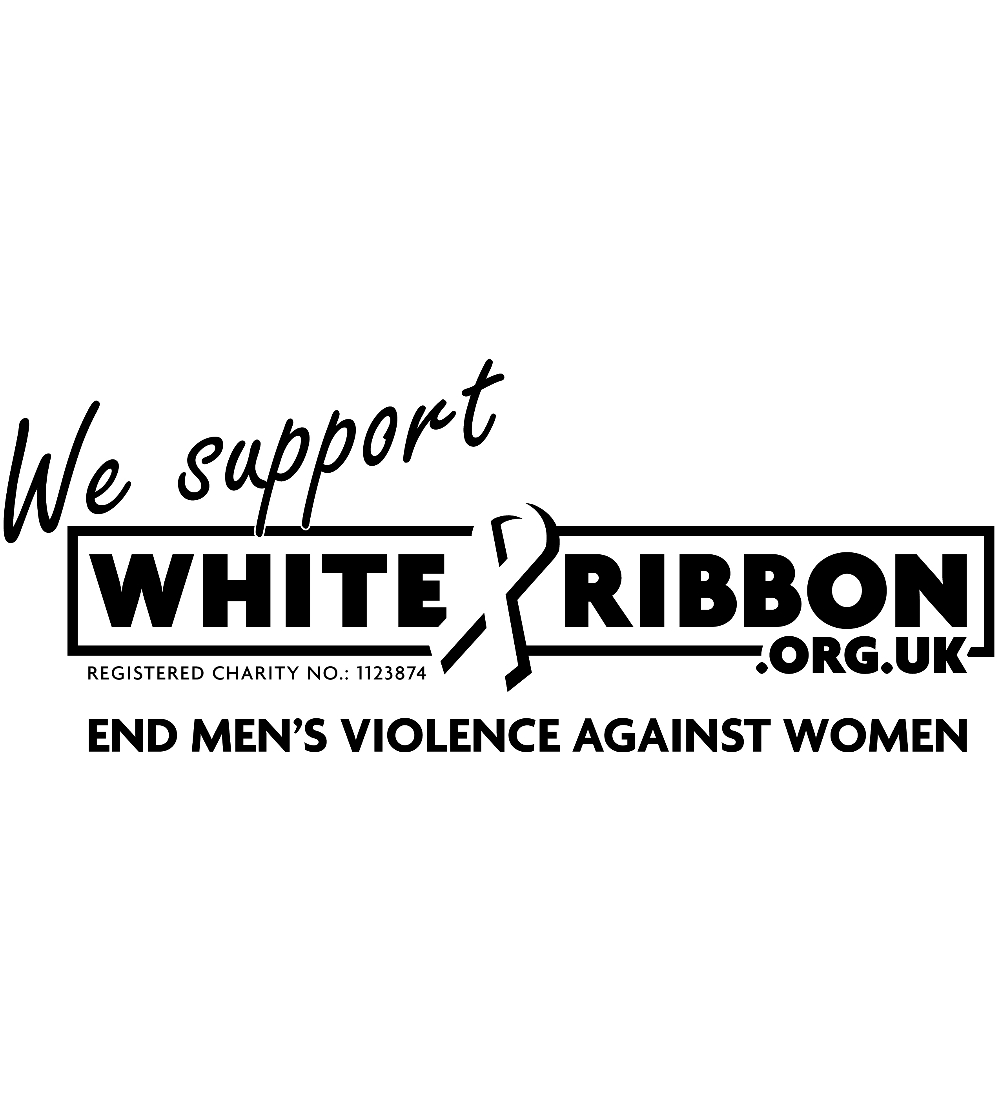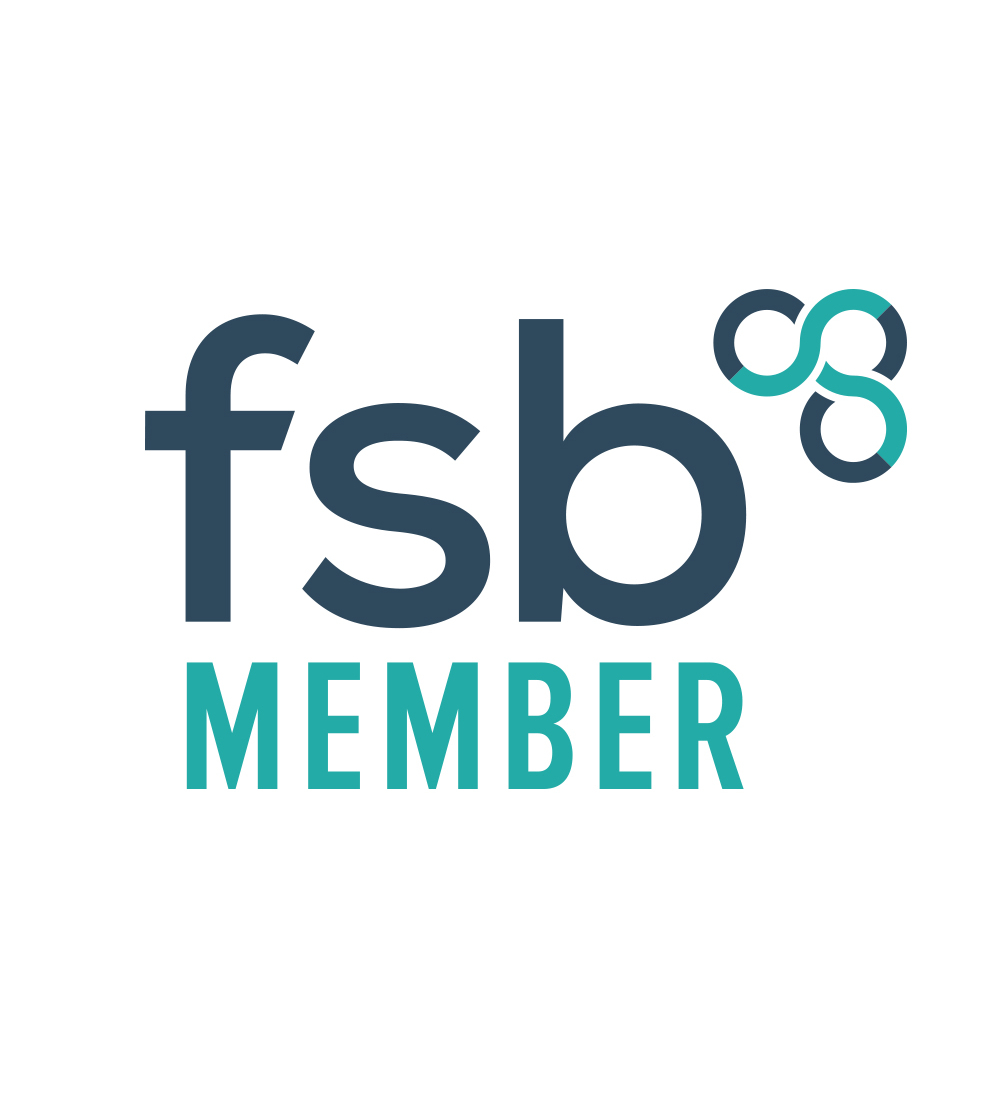Economic abuse is a hidden form of control that affects countless individuals across all income levels and social backgrounds. We often assume that having a job guarantees financial independence, but this isn’t always the case. Economic abuse can occur in any relationship, regardless of wealth or status, and can shift as people’s circumstances change. It’s a serious issue that demands our attention and understanding.
In this article, we’ll explore what Economic abuse entails and how to spot the signs. We’ll look at its impact on victims and discuss the support available. We’ll also touch on how the Domestic Abuse Act 2021 addresses this form of abuse. Our goal is to help you grasp this complex issue and know where to turn for help if you or someone you know is experiencing financial abuse or coercive control in a relationship.
What is Economic abuse?
Definition and examples
Economic abuse is a form of control that has an impact on a person’s ability to acquire, use, and maintain economic resources. This type of abuse goes beyond just interfering with money and finances; it includes a broader range of behaviours that affect things like employment, housing, and essential items. The Domestic Abuse Act 2021 recognises economic abuse as a category of domestic abuse, highlighting its significance in the realm of intimate partner violence.
Examples of Economic abuse include:
- Controlling access to bank accounts and financial information
- Forcing someone to take out loans or credit cards
- Preventing a partner from working or studying
- Refusing to contribute to household expenses
- Damaging or destroying property
Difference from financial abuse
While financial abuse focuses primarily on money-related issues, economic abuse has a more extensive reach. It encompasses financial control and restrictions on access to resources that money can buy, such as food, clothing, transportation, and technology. This broader definition helps to capture the full scope of abusive behaviours that can have a substantial and adverse effect on a person’s economic well-being and independence.
Common tactics used by abusers
Abusers often employ various tactics to maintain economic control over their victims. These can be categorised into three main areas:
- Restriction involves limiting access to financial resources, such as insisting on seeing receipts or scrutinising bank statements.
- Exploitation: Abusers may exploit their partner’s financial resources by pawning belongings, stealing savings, or building up debts in the victim’s name.
- Sabotage includes behaviours that interfere with the victim’s ability to work or study, such as destroying work equipment or limiting working hours.
These tactics are designed to create economic instability and dependence, making it challenging for victims to leave the abusive relationship and rebuild their lives.
Signs of Economic Abuse
Control over finances
Economic abuse often involves strict control over finances. We might notice an individual being denied access to bank accounts or financial information. The abuser may insist on seeing receipts or scrutinising bank statements line-by-line. In some cases, they might give the victim a meagre allowance, such as £10 per week, after taking all their bank cards. This type of control can extend to limiting access to necessities like food, clothing, and medications.
Interference with employment
Abusers may sabotage their partner’s ability to work or study. This can involve forbidding or discouraging employment, actively interfering with work responsibilities, or harassing the victim at their workplace. In some instances, the abuser might force their partner to reduce working hours or quit their job entirely. Even when the victim is allowed to work, the abuser might take control of their wages, leaving them with little or no access to their earnings.
Coerced debt
Forcing or coercing someone into debt is a common form of economic abuse. This can involve making the victim take out loans or credit cards against their wishes or building up debts in the victim’s name without their knowledge or consent. The abuser might also refuse to contribute to household expenses, leaving the victim responsible for all bills and debts.
Restriction of basic needs
Economic abuse can also manifest as restricting access to basic needs. This might include controlling or limiting access to food, clothing, transportation, and housing. The abuser might refuse to let the victim use utilities, a car, or a mobile phone without permission. In some cases, they might even damage or destroy the victim’s property as a form of control.
Impact of Economic Abuse
Short-term consequences
Economic abuse has devastating short-term effects on victims. Access to assets is crucial for staying safe, but without them, survivors often struggle to obtain safe and affordable housing or funds to provide for themselves and their children. This lack of resources can lead to realistic fears of homelessness, sometimes forcing survivors to return to their abusive partners. In the immediate term, victims may find themselves unable to pay for bare essentials like food and bills. Nearly half of women surveyed reported not having enough money for these necessities while with their abusive partner. This financial strain can substantially and adversely affect a person’s economic well-being and independence.
Long-term effects
The long-term impact of Economic abuse can be far-reaching and severe. Survivors often face overwhelming odds in obtaining long-term security and safety due to ruined credit scores, sporadic employment histories, and legal issues caused by the abuse. These factors make it extremely difficult to gain independence and financial stability. The abuse can have a significant impact on mental and physical health, with studies showing associations between economic abuse and depression, anxiety, and cardiovascular disease. Additionally, economic abuse can affect parent-child interactions and overall quality of life. In some cases, it can lead to a cycle of poverty, which in turn becomes a risk factor for further economic abuse.
Barriers to leaving abusive relationships
Economic abuse creates substantial barriers to leaving abusive relationships. The fear of financial implications often keeps victims in relationships for much longer than if they were financially independent. When survivors do go, many face economic hardship and homelessness. Some are forced to rely on credit, family members, or friends to escape. One-third of women reported having to give up their homes as a result of leaving their abusive partners. The lack of economic resources can make the barriers to escaping seem insurmountable, especially when children are involved. This financial dependence on the abuser, coupled with the psychological distress of continual anxiety about material or financial issues, can make it incredibly challenging for victims to focus on their safety and well-being.
Seeking Help and Support
Helplines and support services
We understand that seeking help for Economic abuse can be daunting. However, support is available. The Financial Support Line for Victims of Domestic Abuse, run in partnership between Surviving Economic Abuse and Money Advice Plus, offers specialist advice to those experiencing domestic abuse and financial difficulties. You can reach them on 0808 196 8845 (9am–5pm, Monday to Friday). They provide guidance on debts, benefits, and budgeting.
Legal options
Legal aid may be available for cases involving domestic abuse, depending on your circumstances. A lawyer can help determine your eligibility and support your application. Evidence of abuse is usually required, which can be provided by your bank, a health professional, or a domestic abuse support service. If you’re not eligible for legal aid, organisations like the Domestic Abuse Alliance can offer accessible or affordable legal assistance.
Safety planning
If you’re worried about your safety and economic situation, there are immediate steps you can take. In case of immediate danger, call the police on 999. For non-emergency concerns, contact local domestic abuse helplines. They can help you find safe accommodation and refer you to specialist debt advice services. Remember, it’s crucial not to tackle debts until you’ve spoken to a qualified adviser, as some solutions can have serious long-term consequences.
Conclusion
Economic abuse is a complex issue that affects people across all income levels and social backgrounds. It’s crucial to understand that having a job doesn’t always guarantee financial independence, as abusers can still exert control over their partner’s economic resources. This form of abuse can shift as people’s circumstances change, making it a challenging problem to address. The impact of economic abuse can be far-reaching, affecting not only the victim’s financial stability but also their mental health, independence, and overall quality of life.
Support is available for those experiencing Economic abuse. Organisations like Surviving Economic Abuse offer valuable resources and guidance to victims. It’s important to remember that economic abuse is recognised as a form of domestic abuse under the Domestic Abuse Act 2021, which provides legal options for victims.
If you or someone you know is facing economic abuse, reaching out to helplines, support services, or legal professionals can be a crucial first step to breaking free from this form of control and rebuilding financial independence.
